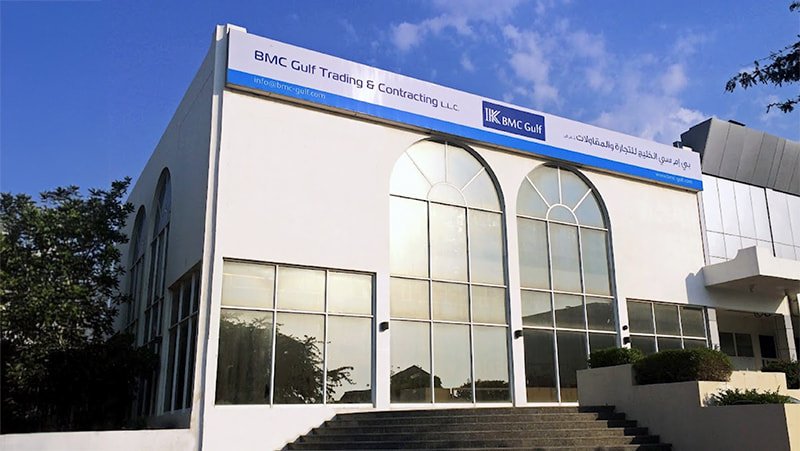Search standard for testing available at SKZ
Search standard for testing available at SKZ
Rheological testing
Rheology is the scientific discipline that deals with the deformation and flow behavior of matter. The main focus of rheology is on investigating the flow and deformation properties of materials under different stresses, temperatures and time windows or frequencies.
The term "rheology" is derived from the Greek words "rheo" (flow) and "logos" (teaching). In its basic meaning, rheology therefore investigates how materials react to external forces and how their structure changes under different conditions. The results of rheological investigations are particularly important for the processing industry, as they provide insights into the flow and deformation properties of materials during production and thus provide information for the design of process machines and their parameterization.
Rheology provides a variety of physical and engineering parameters, including viscosities, shear and strain rates, elasticities, deformations and deformation rates, as well as mass and volume flow rates. Rheological measurements are usually carried out using special devices known as rheometers, which are used to measure these parameters in a laboratory environment, i.e. with small quantities of material under precisely defined conditions.
Weitere Einzelheiten zum Verfahren
Accredited test methods
- Melt mass flow rate (MFR) and melt volume flow rate (MVR) according to DIN EN ISO 1133-1, 1133-2 and ASTM D1238, among others
- Determination of solution viscosity in accordance with DIN EN ISO 307, DIN EN ISO 1628-1, -2, -3 and -5, among others
Non-accredited test methods
- Rotational rheometry (plate-plate and cone-plate geometry)
- Determination of shear viscosity functions using a high-pressure capillary rheometer (HKR)
- Dynamic mechanical analysis (DMA)
- Flow through tubes and capillaries (telescopic shear)
- Flow in the gap between two parallel flat round plates
- 3 Ubbelohde glass capillary viscometers for determining the viscosity numbers of viscosity numbers and intrinsic viscosities both at room temperature and in the high temperature range
- 2 melt flow rate testers for determining MVR and MFR values
- Various rheometers for evaluating the rheological processing properties of polymer melts, adhesives, pastes, oils, greases and gels: Storage modulus, loss modulus, curing kinetics, pot life, flow curve, viscosity curve
- Dynamic mechanical analysis (DMA) to investigate the viscoelastic material behavior
Process development and optimization:
Rheological measurements make it possible to understand the flow behavior of plastic melts during manufacturing processes such as injection molding, extrusion or blow molding. This is crucial for optimizing processing parameters and improving product quality.
Quality control:
Rheological tests are used in the plastics industry to monitor material quality and consistency during production. Deviations in rheological properties can indicate changes in material composition or processing conditions.
Material development:
When developing new plastic materials, characterizing their rheological properties is crucial. This helps to develop materials with specific flow behavior, melt stability and processability properties.
Formulation of compounds:
Rheological tests are important in the development of compound materials that combine different polymers and fillers. The rheological properties influence the processability and end applications of such compounds.
Behavior at different temperatures:
The temperature dependence of the rheological properties of plastics is important to ensure that materials remain stable in different environments and applications. Dynamic mechanical analysis (DMA) is a rheological technique that investigates this.
Injection molding and extrusion processes:
Rheological measurements support the optimization of injection molding and extrusion processes by providing insight into melt viscosity and flow behavior during these processes.

97076 Würzburg
Telefon: +49 931 4104-0
E-Mail: info@skz.de
Route berechnen

97082 Würzburg
Telefon: +49 931 4104-123
E-Mail: training@skz.de
Route berechnen

Köthener Str. 33a
06118 Halle (Saale)
Telefon: +49 345 53045-0
E-Mail: halle@skz.de
Route berechnen

Rauher Grund 9
72160 Horb am Neckar
Telefon: +49 7451 62457-0
E-Mail: horb@skz.de
Route berechnen

Woltorfer Str. 77, Halle G
31224 Peine
Telefon: +49 5171 48935
E-Mail: peine@skz.de
Route berechnen

Weißenbacher Str. 86
95100 Selb
Telefon: +49 9287 99880-0
E-Mail: ezd@skz.de
Route berechnen

Via Buonarotti 175
20900 Monza, Italy
Telefon: +39 039 281561
E-Mail: info@prochema.it
Route berechnen

Str. Iancu Jianu, nr. 26
500178 Braşov, Romania
Telefon: +40 268 412 559
E-Mail: office@plastics-bavaria.ro
Route berechnen

Muntazah Complex (Exit - 25)
Jebel Ali Village - Dubai (VAE)
Telefon: +971 4 8845001
E-Mail: info@skz-me.com
Route berechnen

Ul. Kwiatkowskiego 5a
52-407 Breslau, Poland
Telefon: +48 71 35 84 000
E-Mail: dopak@dopak.pl
Route berechnen

Ikitelli OSB Demirciler Sanayi Sitesi, E2 Blok No:420
34490 Başakşehir İstanbul | Turkey
Telefon: +902126718170
E-Mail: info@polmakplastik.com
Route berechnen

SKZ – Testing GmbH
Friedrich-Bergius-Ring 22
97076 Würzburg
Tel. +49 931 4104-0





